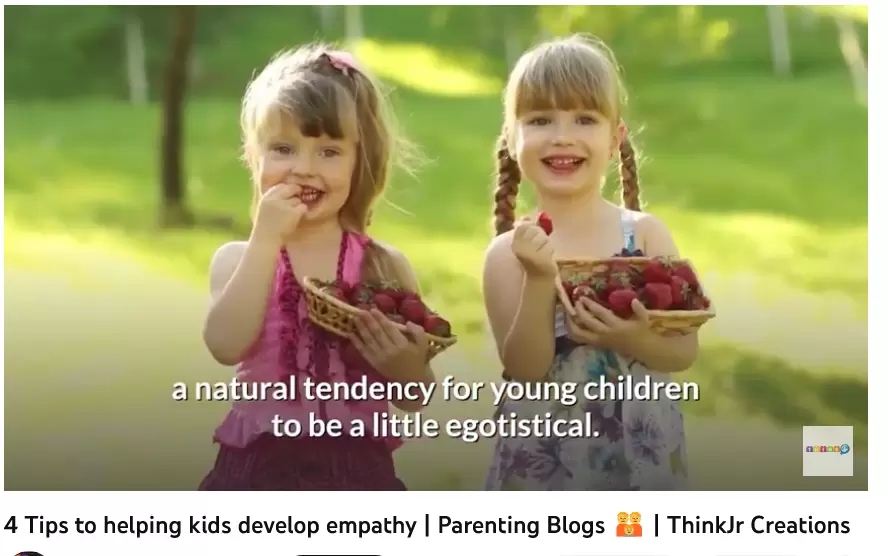EMPATHY

What is empathy and why is it so important for a parent to use?
Showing empathy towards another, especially your child, is a valuable gift that enables a parent to share or feel what the child is feeling.
It is important for a parent to use because not only does it make us more tolerant, it enables the child to learn the process as well which in turn teaches them to become more tolerant.
Most importantly a parent who is well attuned to their child’s inner emotional world develops a secure parent-child attachment, which is crucial for the emotional and psychological health of a child.
HOW TO EMPHATHISE BETTER WITH YOUR CHILD
“You seem (sad, grumpy, worried…). What’s going on?” Use this phrase to open a conversation when something is off with your child but you are not sure
“You’re feeling (happy, guilty, sad…) because (event or circumstance)” This one is your go-to phrase. It labels your child’s emotions and connects it to whatever is going on
“It sounds like you’re feeling (angry, hurt, embarrassed…) about (circumstance)”. With some children it pays to be tentative when reflecting feelings. Saying it “sounds like” or “seems like” acknowledges that your child is the expert on his own emotions
How (Exciting, frustrating, disappointing…)!” This is a useful phrase for acknowledging intense emotions. Use your own tone of voice and body language to convey that you are aware of your child’s emotions.
“It bothers you that (event or circumstance)” “It’s hard for you when (event or circumstance)”. These subtler ways of echoing your child’s experience can help ease him or her into a conversation about a difficult topic
“You wish…”. This phrase steps beyond the current facts to speak to longing. It’s a gentle way of acknowledging your child’s hopes, intentions, or regrets

A good way to De-escalate and diffuse matters and prevent problems from developing is to acknowledge the feelings
HOW OFTEN WOULD YOU ADDRESS WHAT THEY ARE FEELING,AND HOW DO YOU GO ABOUT ADDRESSING THEM
Simple ways to address feelings
a) Acknowledge their feelings. How often would a child say, “I feel hungry”, and a parent might respond “No you don’t”. Acknowledging doesn’t mean you have to appease the hunger. Acknowledging is “It must seem like a long time since you had something to eat”, or,” is that your tummy I hear rumbling!”.
b) Parents need to read more to their kids. You can then interact and ask your child to identify how the characters may be feeling. This statement is not addressed to those who do already read to their kids, but to those who find their busyness prevents them.
c) Parents need to role model more.
Express your feelings more in front of your kids. “I’m really happy that you made that choice”, or “I feel sad that you would have the need to hit your brother”. Also, they need to be shown how you deal with feelings
d) a real biggee, (where parents often forget) is try not to supress what your child is feeling. If we belittle what they are feeling they then form the belief that they don’t matter or are not important enough.
e) And don’t forget the wonderful world of exercise, and the ability to let off steam, or more to the point anger.
f) Get them to draw a picture of how they feel…. Or just get them to draw a picture. Usually with younger kids how they feel is generally depicted in what they draw.

